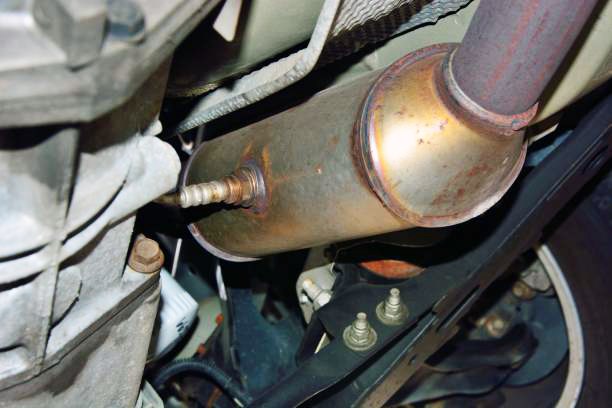When the province introduced the Metal Dealers and Recyclers Act in 2012 to crack down on illegal metal sales, Mike Morris was still working as an RCMP officer and he was encouraged the new law might have the desired effect.
Eleven years later, metal theft continues to be a problem that plagues B.C. cities.
The potential to cash in on their crime motivated thieves a few weeks ago to break into the former Achillion restaurant in downtown Prince George which led to a natural gas explosion that seriously injured a city worker.
The problem with the law is it is not being enforced, says Morris, the B.C. United MLA for Prince George-Mackenzie.
“It’s obviously not, because we wouldn’t be having this problem if it was,” said Morris. “It’s an issue.
“The legislation’s got some teeth to it but it’s still been happening here and I think there’s too many loopholes in it.”
The law’s intent is to regulate how dealers buy metal products and discourage thieves from stealing high-value metal, especially from utilities and municipalities.
The act falls under the jurisdiction of the Ministry of Public Safety and Solicitor General, which is responsible for ensuring dealers and recyclers register and comply with the rules.
The Citizen contacted the ministry for comment and in an email reply received a point-form explanation of what the act entails and how it is being enforced.
The law requires the seller of regulated metals to provide information about themselves and the item they are selling to the metal dealer/recycler.
Dealers must record information about the seller and a description of the regulated metal. If the listed items in a dealer’s/recycler’s report match the description of a property reported stolen, the police must then obtain a court order to see the recorded purchase information.
All dealers in B.C. who buy non-ferrous metal (not iron-based) such as copper, aluminum, brass, bronze, lead, magnesium, nickel and zinc are required to register with the ministry’s Security Programs Division (SPD). The dealers are obligated to report transactions of regulated metals to police on the day of the transaction to help police track illicit sellers and trace stolen items.
The 93 registered metal dealers in B.C. are subject to inspections from the Security Programs Division to ensure compliance with the law. If a metal dealer or recycler or any of its employees have reasonable grounds to believe a metal dealer/recycler has regulated metal that is stolen property they must inform police immediately. Failure to do so is an offence under the MDRA.
“The biggest thing is I don’t know who’s doing inspections on that, it’s not the RCMP’s responsibility,” said Morris, who contacted Public Safety Minister Mike Farnworth to try to find out who, if anyone, is providing enforcement of the MDRA in Prince George.
“It’s too loosely controlled, particularly when we see the amount of metal that‘s been stolen and now we’ve got this big example in town here where the building blew up because somebody cut a gas pipe.”
The act calls for fines of up to $5,000 for individuals who sell metal illegally. Dealers who contravene the law could be liable for fines up to $50,000 and/or suspension of their business licence.
According to the ministry, “Significant compliance issues are rare. In addition to inspections, SPD accepts and investigates complaints regarding non-compliant metal dealers and may pursue administrative sanctions if appropriate.”
The SPD and the police have the authority to ticket violators and can also refer violations to Crown Counsel for prosecution.
Catalytic converters on vehicles contain platinum and thieves target them because of their high value. The ministry is aware of the problem and is considering future public engagement to address it. Morris says that’s long overdue.
“With the number of catalytic converters that have been stolen and the dollar value attached to that, you’d think there should be somebody looking after that,” said Morris.



